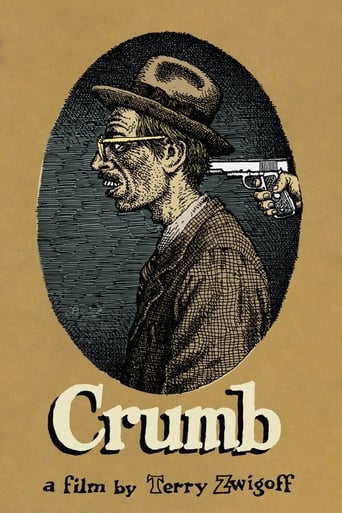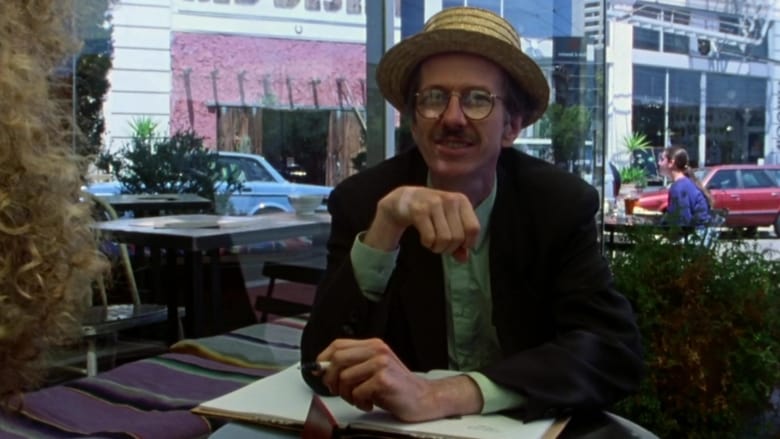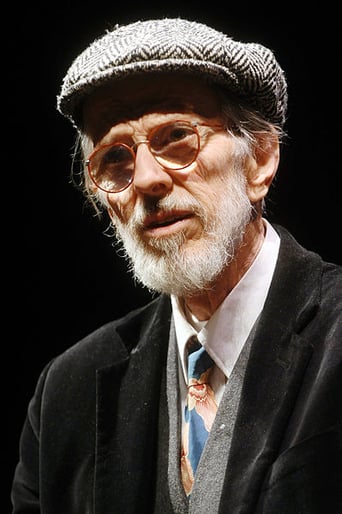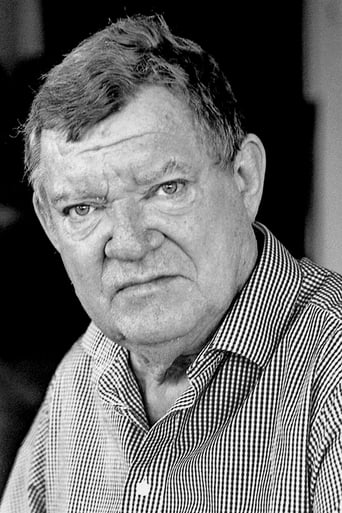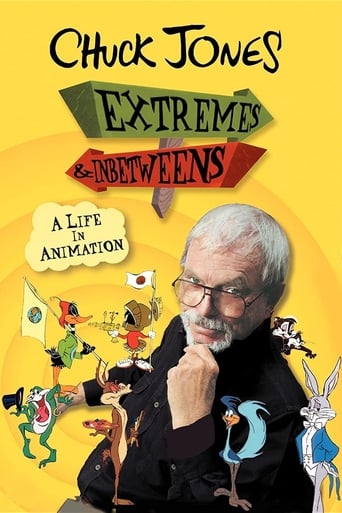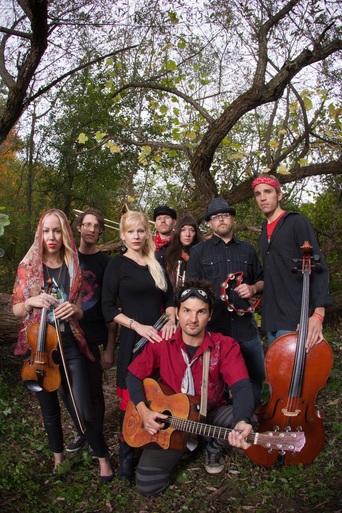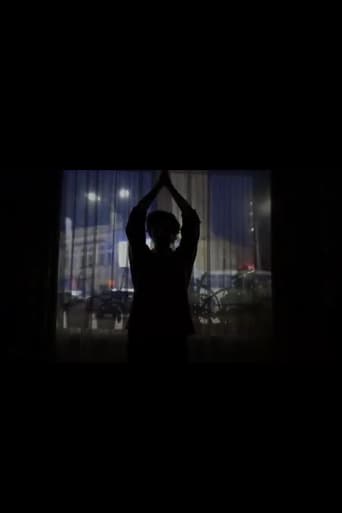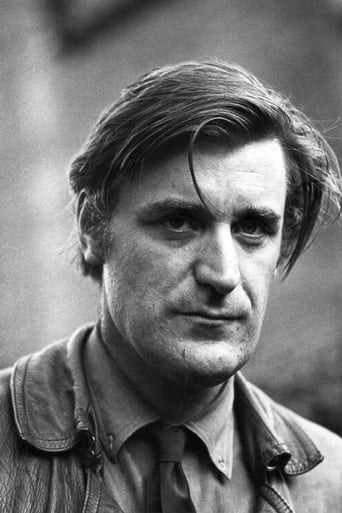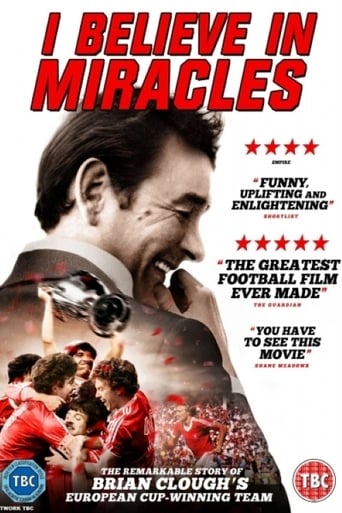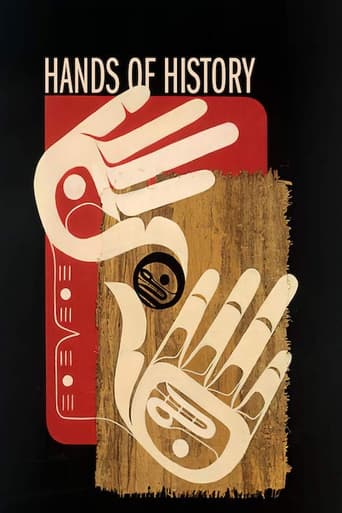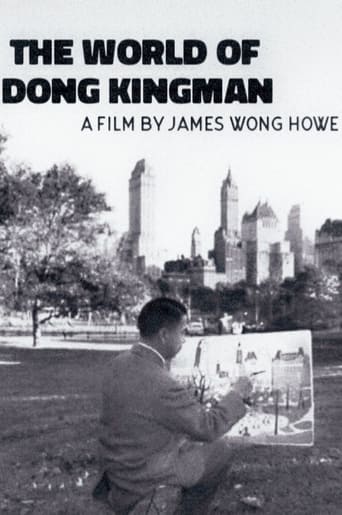Crumb (1994)
This movie chronicles the life and times of R. Crumb. Robert Crumb is the cartoonist/artist who drew Keep On Truckin', Fritz the Cat, and played a major pioneering role in the genesis of underground comix. Through interviews with his mother, two brothers, wife, and ex-girlfriends, as well as selections from his vast quantity of graphic art, we are treated to a darkly comic ride through one man's subconscious mind.
Watch Trailer
Cast


Similar titles
Reviews
Too much of everything
Clever, believable, and super fun to watch. It totally has replay value.
The story, direction, characters, and writing/dialogue is akin to taking a tranquilizer shot to the neck, but everything else was so well done.
It is neither dumb nor smart enough to be fun, and spends way too much time with its boring human characters.
Years before 'Ghost World', Terry Zwigoff first made a name for himself with this documentary about Robert Crumb, author of 'Fritz the Cat' and other raunchy comic strips. The film strikes a nice balance between interviews and montages of Crumb's work; a lot of time is spent on the camera gliding over the inventive images that Crumb generated over the years. His images are provocative and Zwigoff again strikes a great balance between interviewing those who hate his work (believing it sexist, racist and worse) and those who think he is misunderstood. Crumb himself gives sadly little insight into the rhyme and reason behind his work. Early on, he claims to never work with "conscious messages" and later on he admits to having no idea where the inspiration came for a fake advert. Crumb's brothers are also interviewed, and while Robert is the famous one, it is Charles and Maxon who are the most intriguing. Both seem disturbed, whereas Robert is actually well-adjusted and happily married with a doting preteen daughter (though his choice to make her watch 'Goodfellas' is odd). It is hard not to wonder how different the film may have been with Charles and Maxon more in focus. Charles was in fact an accomplished artist himself but unable to ever restrain himself, while Maxon has some perversions, almost as odd as those seen in Robert's comics. 'Crumb' is an interesting documentary either way and even if one finds some of Robert's images offensive, there is no denying the artistry and imagination required to come up with such bizarre concoctions.
This movie could not have been called R. Crumb, because while the movie (indirectly) explores the themes and origins of his art, it is just as much about his troubled family, and how they all ended up where they are.R. Crumb himself seems like a dork that has grown successful and found happiness in that - but at the same time resents all the things that made him a dork in the first place. His obvious love and admiration for his brothers is obvious, but tainted by the reality of their situations."Oh geez" is Crumb's (comic-like) reaction to some of the more horrible stuff his brothers talk about, and he does not reflect over what they are saying (on film). The movie is a honest depiction of Crumb in the sense that he (and people around him) openly talk about his strange (and sometimes scary) sides - but the movie never gets personal for him. Only for his brothers.That said, the documentary does not point to his brothers and say "This is the explanation for Crumb's art". It does not simplify his art, even though some of the people commenting on it in the documentary are clearly trying to. It takes you on a journey through the themes of his art in a way that feels fluid, but that is really done point for point.And that is why this documentary work so well. You feel like you are just following this character, but you are actually being taken into a carefully curated commentary on his work.
Robert Crumb has become an icon in the world of underground comic artists, and this documentary takes a close look at his work and the often unhappy life that informed it with an intimacy that is both gratifying and disturbing. Crumb's art and career are celebrated here on film even while his dysfunctional adolescence, his personal insecurities and his sexual obsessions are dissected by family, friends, pop psychologists and other invited crackpots. We see how, by his own understanding, that young Robert Crumb developed his talent as a vehicle to reach out and connect with other people, especially girls, and then had to deal with the frustrations resulting from his failure to achieve success with this. We see how his cartooning style evolved, how certain repeated subjects and motifs found their way into his work.We get a close up view of Robert Crumb that is almost too close up. The film's intimacy with its subject creates an almost claustrophobic feel, especially since Crumb himself is almost painfully awkward and lacking in personal charm, his mother is an ogress, his wife and daughter seem wary and stiff on camera, and his older brother is borderline crazy.Especially interesting is Robert Crumb's brother Charles, who is also a cartoonist and quite talented but clearly mentally unbalanced. His work shows genuine technical polish and is extremely evocative. It is also morbid and obsessive to the point of wallowing in darkness and despair, since its creator is an over-40, out of work dingbat who lives and works in the attic of the Crumb family home. Charles was a key inspiration to the young Robert Crumb, yet he is also an object lesson. With a little less professional drive and career focus, Robert could easily have followed his brother's path in life and art.
"Crumb" is an amazing documentary about an extraordinary artist. Most great movies are great because they carry kernels of truth: Fellini on sexual desire and repression, The Godfather on the vagaries of morality and business, Casablanca of things bigger than ourselves, the great (anti)war movies on how politicians and generals coldly manipulate young men and ultimately murder them, etc., etc... But the classics are stylized accounts with kernels of truth. "Crumb," in contrast, is truth through and through uncompromisingly laid open. You don't realize how rare truth is until you finally see it.Crumb's own oeuvre is a study in truth, inhabited by a menagerie of characters that haunt his subconscious: rigid "White Man," farcical hippie guru Mr. Natural, Amazonian Angel McSpade, the subhumans who beat up his brother as adolescents, and his own self-pitying self.When he became a counter culture hero, Crumb promptly put the would-be worshipers at arm's length with his openly "perverse" sexual comics. He lampooned America and its critics alike, though "lampoon" isn't quite the right word, for his powerful critiques are frequently wordless, midnight black humor, if it's humor at all (see, for example, his History of America at www.zubeworld.com/crumbmuseum/history1.html). He drew what he felt and never sold-out, even turning down a commission to draw a Rolling Stones album cover because he didn't think much of their music. During the filming of the movie, he and his wife are moving to the south of France because America has become just too ugly, commercial and crass.Interviewed in the film, he and his brothers acknowledge being unpopular wimps, abused by their father and many of their peers. Underlying the truth in his work lay the truth of his life and family, exposed with embarrassing candor. His older brother and mother never leave their small, poor home, though they have nothing in common so they just maintain an uneasy truce. His younger brother lives as a monk, drawing a long linen tape through his body to clean his intestines while sitting on a bed of nails. Neither brother has ever had sex.Crumb, it's clear, loves them, and it's a painful, poignant love because he's also detached. What can he do after all, except accept them? His work too, is poignantly portrayed: at one point he sits semi-autistic listening to soulful old records (he's a collector), with a slow panning over a collage of haunting illustrations.Crumb is routinely referred to as a pervert. And of course his family is deeply disturbed. But so is much of America. And so is much of the world. Psychiatrist Alfred Adler observed that "The only normal people are the ones you don't know very well." So of course Crumb is not normal. He has allowed us to know him.

